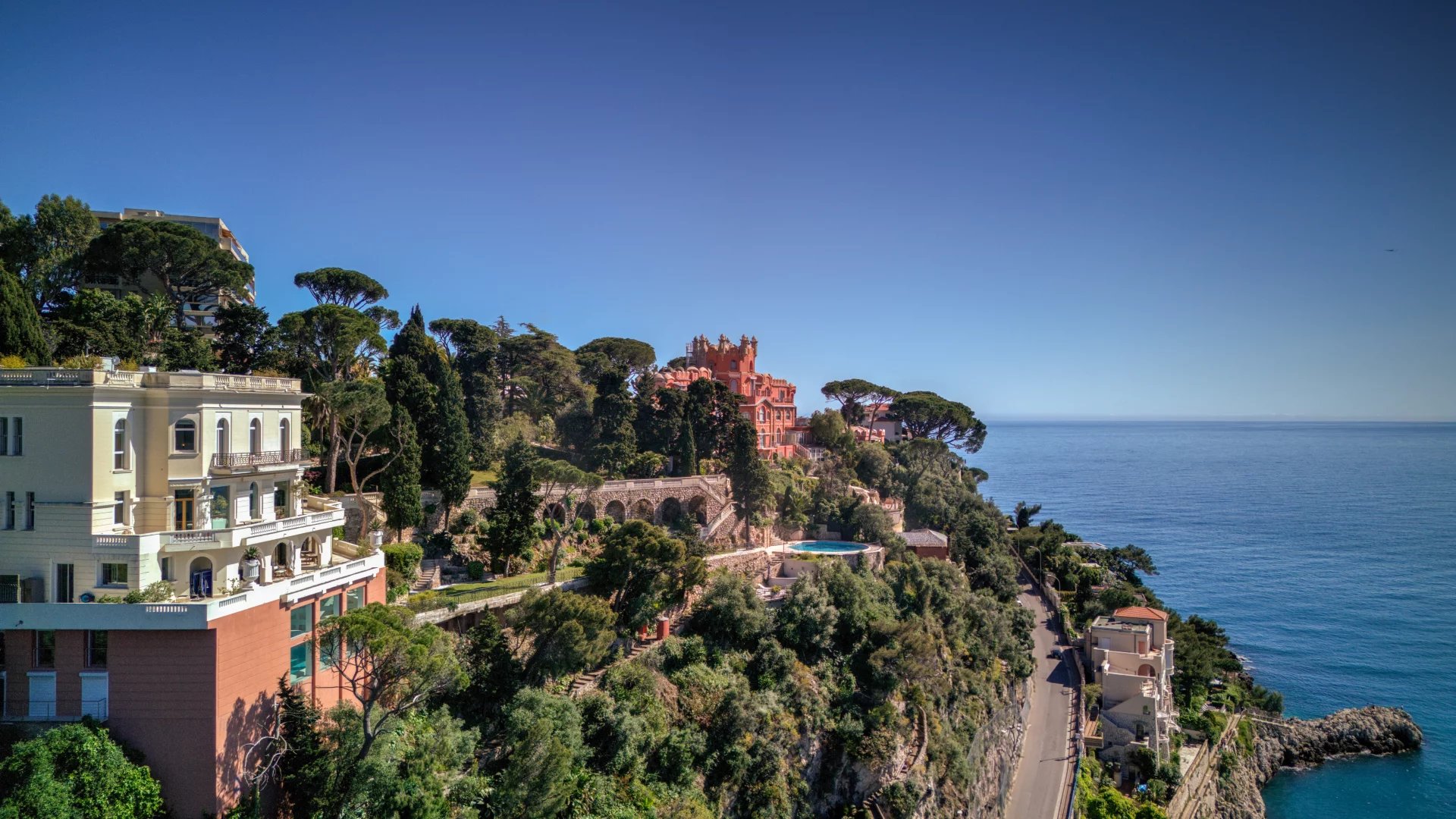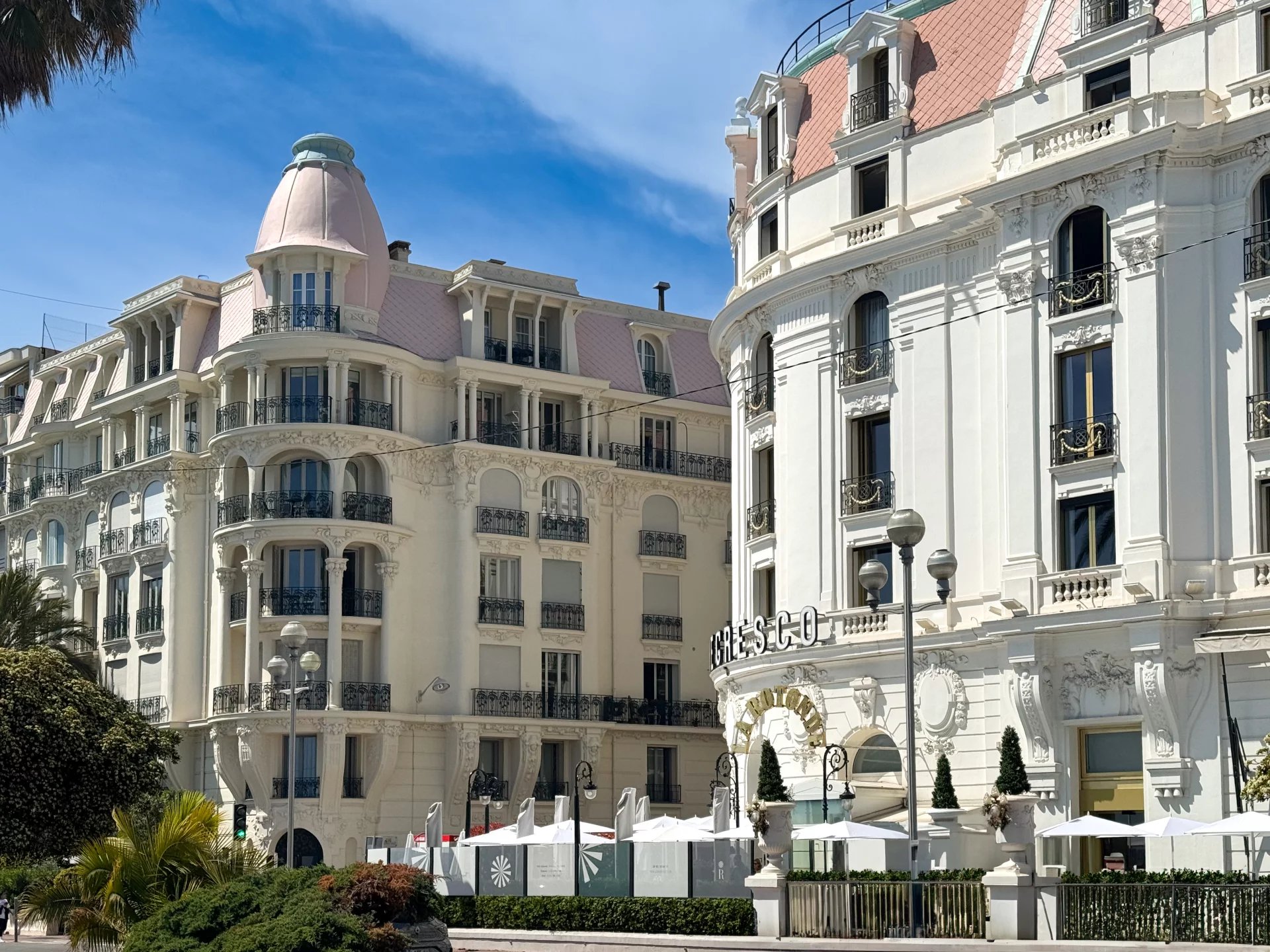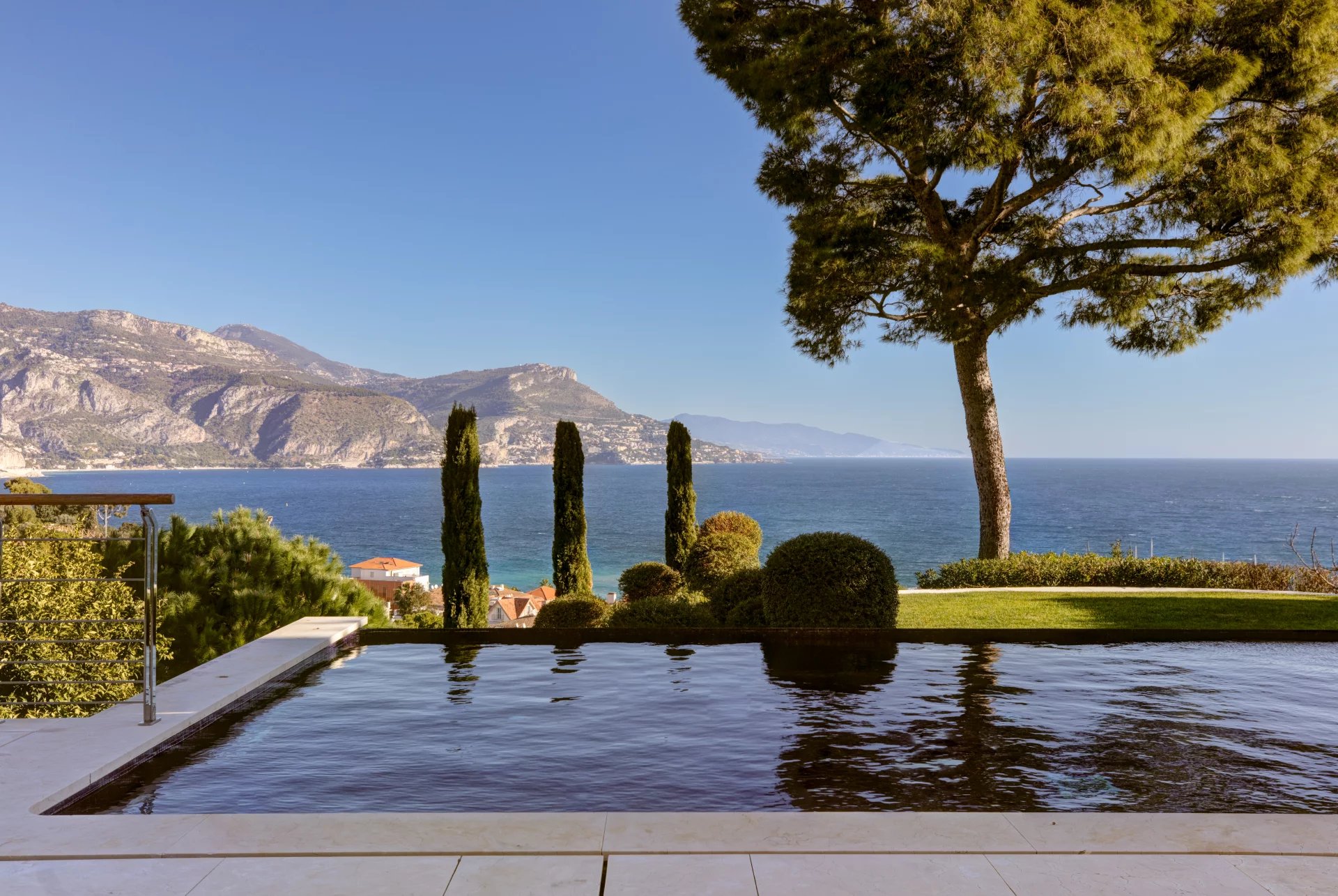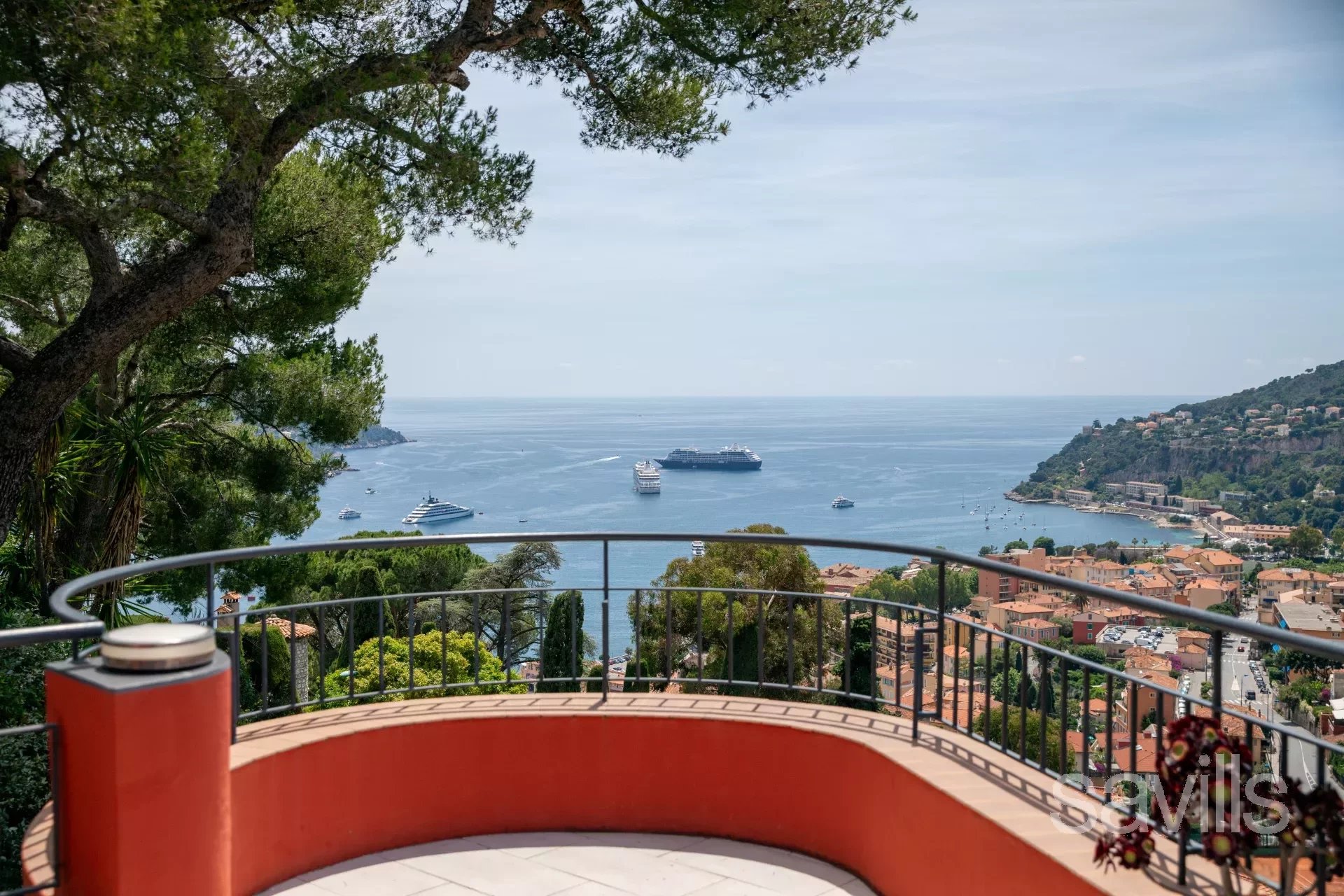Useful vocabulary of buying real estate in France
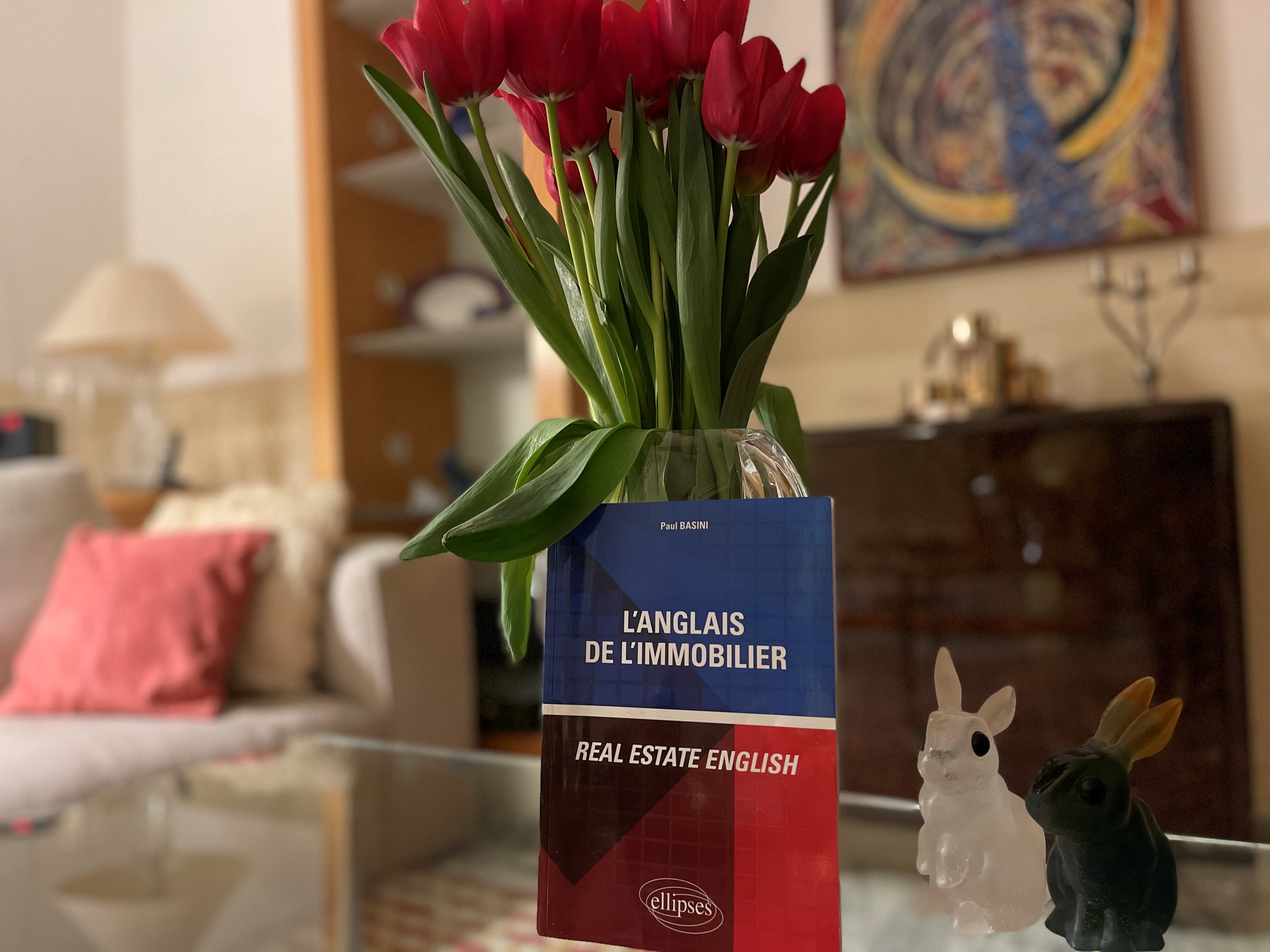
Contracts and documents of sale
Offre d’achat – an offer to buy the property - a written offer from a buyer to an owner or his representative, confirming their interest and the main conditions of the deal.
Contre-offre - counter offer - if the property owner doesn’t agree with the offered price and conditions, he can counter with another offer - contre offre - and its alternative conditions.
Condition suspensive – a condition necessary for the sale, for example a mortgage condition or stipulation. If you are not ready at this stage, but you can be ready at some time in the future, you can negotiate conditional clauses necessary for you to make a deal.
- Compromis de vente /promesse de vente- called “exchange of contracts” in the UK.
- This is a preliminary contract signed between the buyer and the seller, which contains all the conditions required for the final deal. Usually the contract is prepared by the notary and signed at the notary’s office, with an official interpreter if you don’t speak French.
Acte authentique – a completion, a final purchase-sale contract signed between buyer and the seller. Usually it’s is signed within 2-3 months after exchange of contracts.
10 jours de rétractation - 10 days cooling-off period – the period the buyer has to refuse the purchase without penalty. It’s a protective measure for the buyer’s security. He then has the possibility of changing hid mind for a period of 10 days after signature, and receipt of the notary’s official notification of this period.
Notaire – this is a lawyer who has the public authority to certify sales contracts by authentication of signatures. A legal specialist, he or she is responsible for checking the right of the seller to sell, and the right of the buyer to buy the property in France.
Diagnostiques techniques – technical survey of supplies and risks to the property.
This is a test of the property for sale performed by a professional company, necessary for agreement of sale.
The seller has an obligation to inform the buyer about lead and asbestos, electricity and gas supply, energy efficiency, natural risks (earthquakes, risk of subsidence, flooding, etc) and parasites, the size of the living area (for apartments), sewerage and septic tanks for villas.
These documents attached to the contracts of exchange and completion are mostly information-based, and are no substitute for the analysis of a professional surveyor, architect or construction engineer.
Taxes
IFI - a wealth tax in France paid by the owner, where real estate assets amount to more than 1.3 million Euros.
Représentant fiscale – fiscal representative - When a non-resident of France sells a property in France and is subject to capital gains tax, the notary has to nominate a ‘fiscal representative’ to calculate the tax due.
Taxe foncière – annual land tax paid by a property owner in France, similar to council tax in UK.
Taxe d’habitation – annual housing tax, paid by the resident, either the owner or the tenant, who is living in the property on 1st January in that particular year.
Plus value immobilière - real estate capital gains – you can be subject to a capital gains tax if you sell your holiday home in France and there is a big difference between the purchase price and the selling price.
Architecture/ Construction
Bourgeois – upper middle class for people, and also used to describe the historic architecture of period buildings (immeuble bourgeois)
Niçois – from Nice.
Belle époque – Beautiful epoch , a period from 1871 (the end of the Franco-Prussian War) to 1914 (World War I), a period of peace and prosperity.
In real estate we speak mostly about Belle epoque architecture.
Maison mitoyenne - semi detached or terraced house.
PLU – plan local d’urbanisme, the main document determining the local rules of building.
Conformité - conformity to the current legal rules. The notary uses the term conformity when modifications or extensions have been added, to see if these additions were officially declared to the town hall or not. It’s like building regulations in the UK.
Fosse sceptique – a septic tank. Ii you sell/buy a property in France equipped with a septic tank, its installation standards should be confirmed by the local state SPANC service.
Tout à l’égout – mains sewage
Servitude – easements, this term is employed by the notary to indicate if somebody else has the right to partly use your plot of land. For example if the owner of the neighbouring villa has to pass by your plot to access to his property you have a servitude, or easement.
Droit de préemption - right of priority – this could be exercised by the mairie or town hall, who may have first choice to buy the property. So it’s usually mentioned in a conditional clause.
Real estate agency
Mandat de vente – contract of sale - a written contract between the seller and the real estate agent to sell the property where there are fixed conditions of sale, such as the price and the agency fees.
Mandat de recherche - a research contract - a written contract between the buyer and the real estate agent in France to look for a property for them.
Mandat simple – multi-agency contract - a written contract between the seller and the agency when the agency doesn’t have an exclusive right to list the property, and there could be other agencies marketing the same property.
Mandat excluisif - sole agent contract – a written agreement between the seller and the agency to represent the property on the market exclusively.
Compte rendu de visite – a report by the real estate agent after viewing a property, in order to give the seller feed-back and the profile of the client who visited their property.
Marchand des biens – professional investor selling property.
Agence immobilière - real estate agency.
Agent immobilier - real estate agent.
Loan
Courtier - mortgage broker.
Property
SCI – société civile immobilière, a non-commercial company for the ownership and management of real estate in France. You can buy a property in France personally, or through a non-commercial company ( French or Monaco SCI)
Nue propriété - usufruit - In France the notion of property can be divided into 2 parts:
the freehold of the property, nue-propriete
and
the right to use and rent it, usus fruit.
Often parents buy property with children on this basis. So parents buying the usufruit can use the property as they like, and after their death the property passes to the children who pay nothing in inheritance tax.
Titre de propriété - property title (the deeds of a property)
Hotel particulier – a mansion.
Domaine - a gated estate which buyers generally associate with living in a gated and secure area.
Rez de jardin or RDJ – the garden floor.
Rez de chaussée or RDC- the entrance floor.
Villa sur le toit – penthouse.
Pieds dans l’eau – ‘feet in the water’ or sea-front property.
Vis-a-vis - not an unlimited view - your view may be obscured by another building.
VEFA - purchase of a new-build, which is still under construction, or off the plan.
Co-owners
Syndic – managing company for the building
PV d’assemblée générale - this term is used mostly for the annual meeting between the owners of the same building. All the questions and decisions are formalised in the procès-verbal or the minutes of the meeting.
Appel des fonds (charges) - community fees invoiced by the managing company every 3 months.
Lot – a unit, such as an apartment, cellar, or garage. In the notary’s agreement of sale, each unit has its number.
Business
Fonds de commerce – When you buy/sell a business in France you can buy/sell a business in three different ways:
"fonds de commerce", which just means the business,
or simply the property walls,
Or you can also buy just the right to rent the property, called "pas-de-porte".































